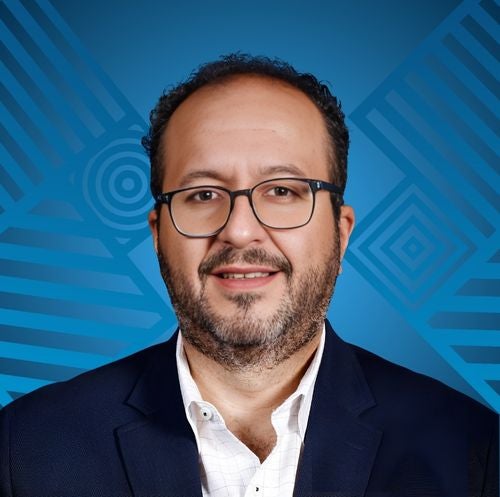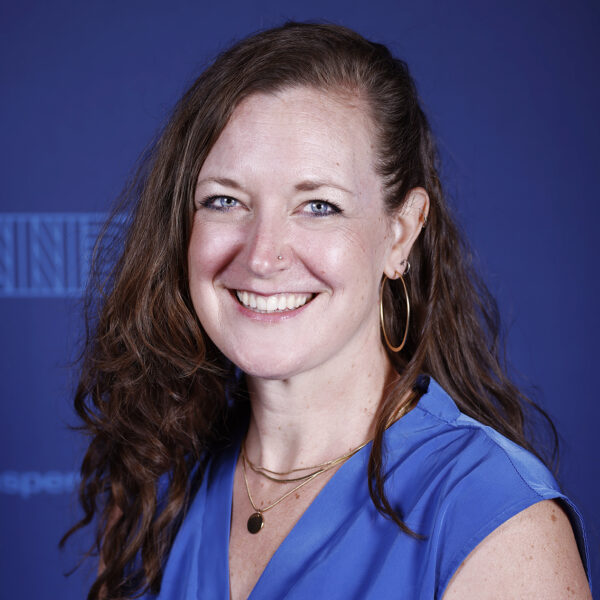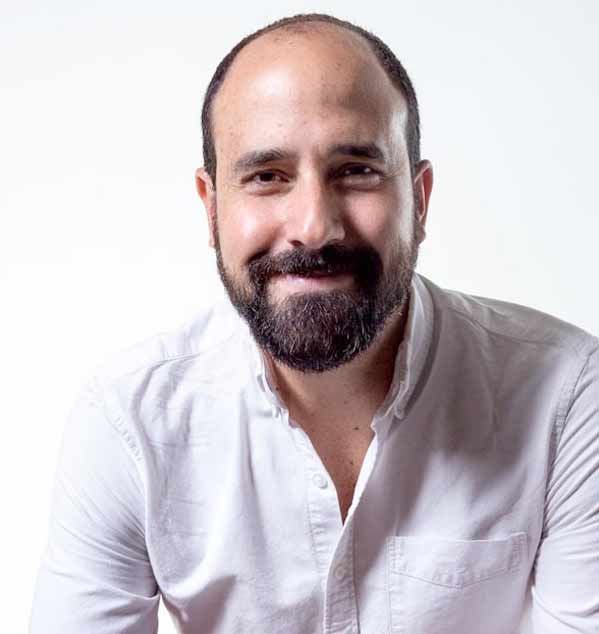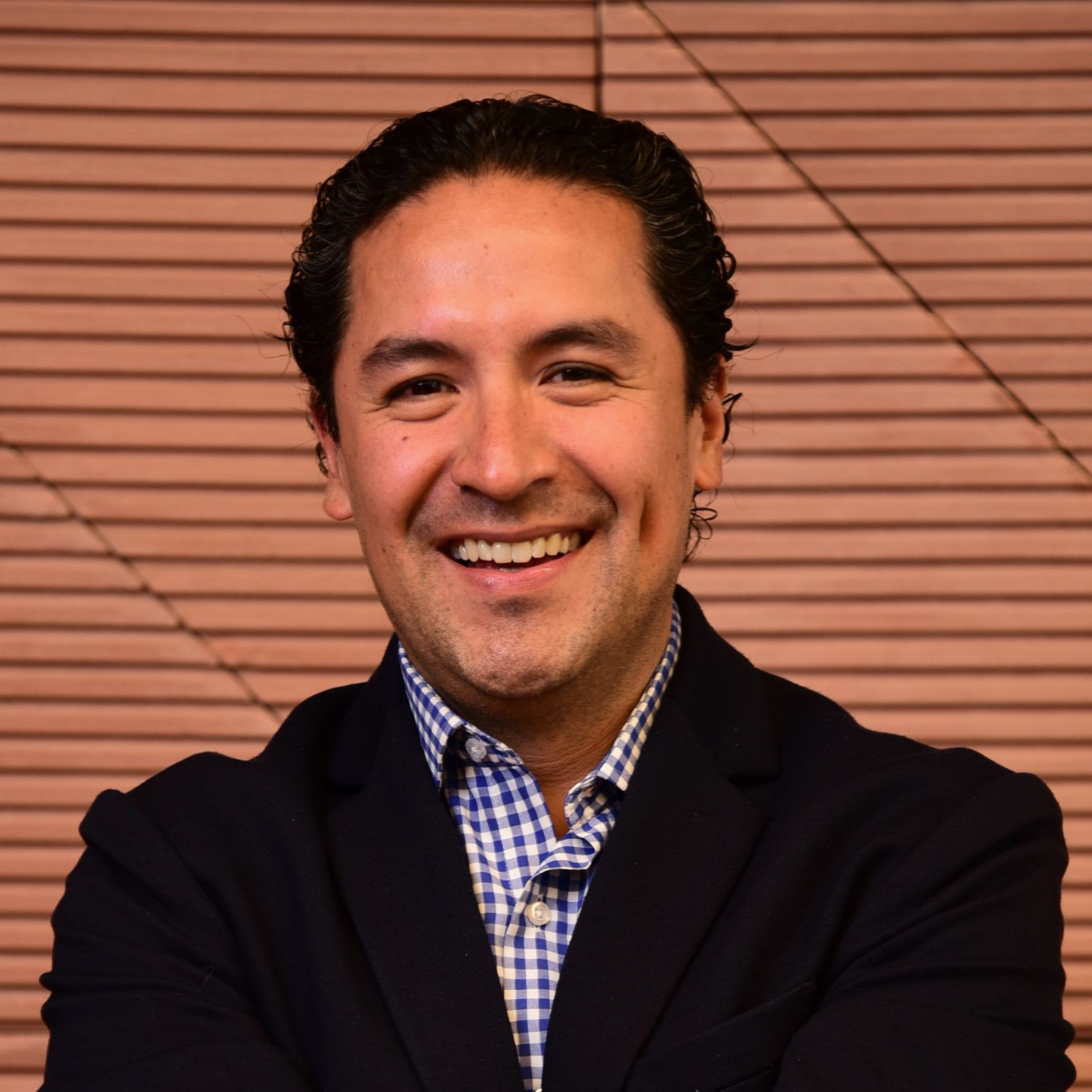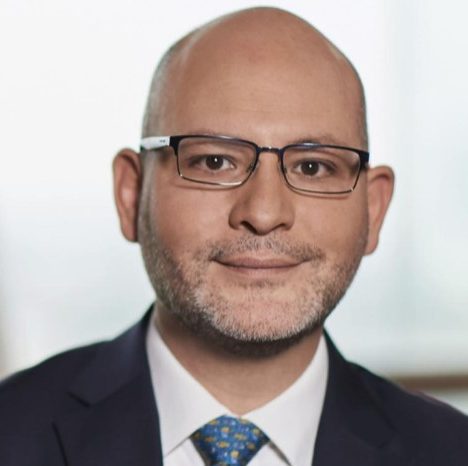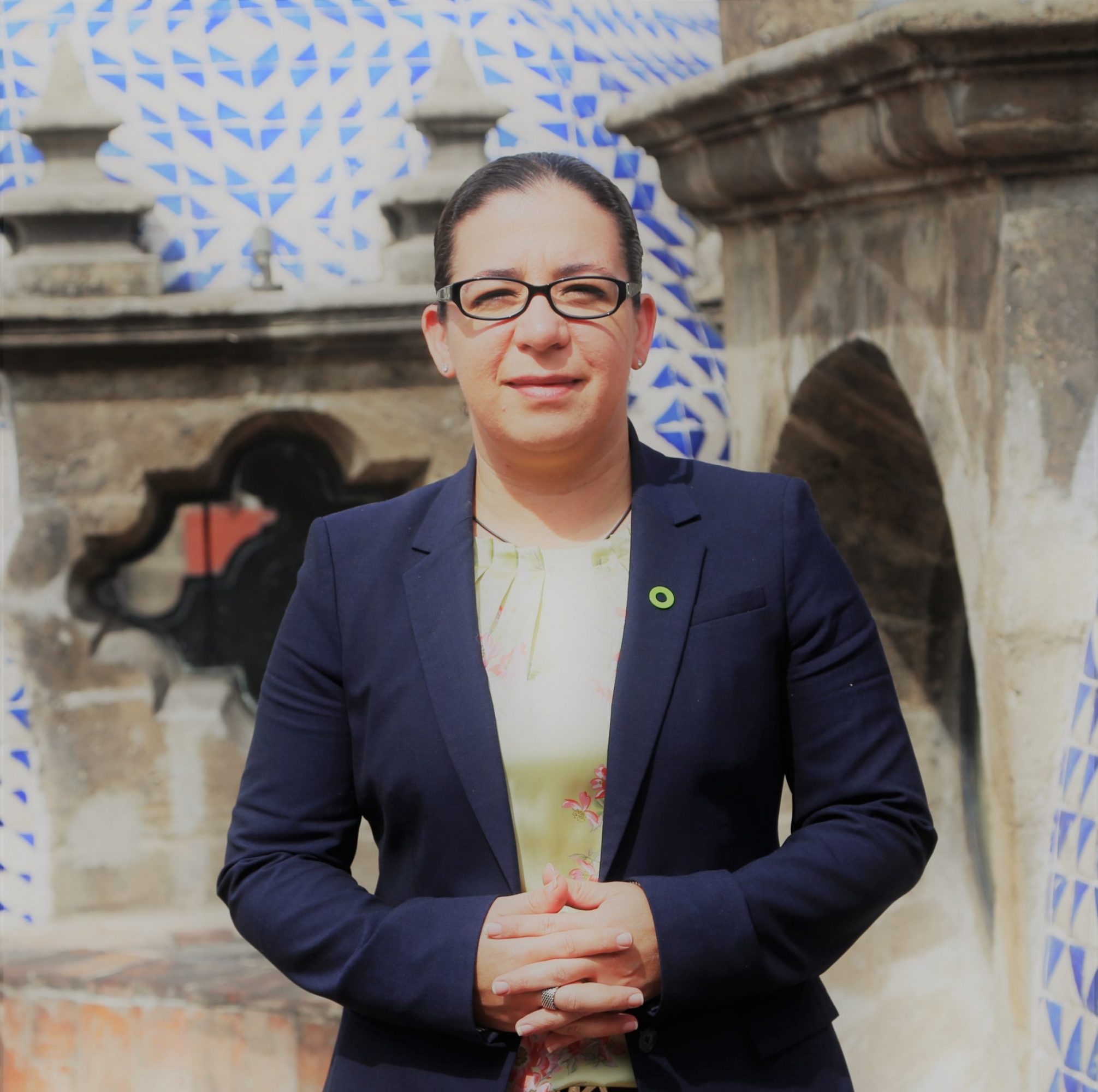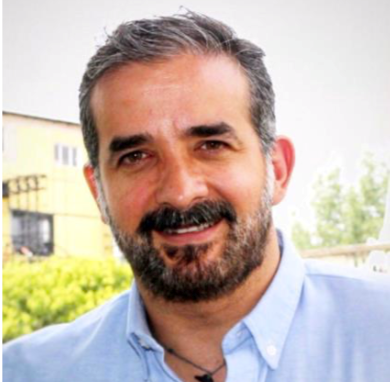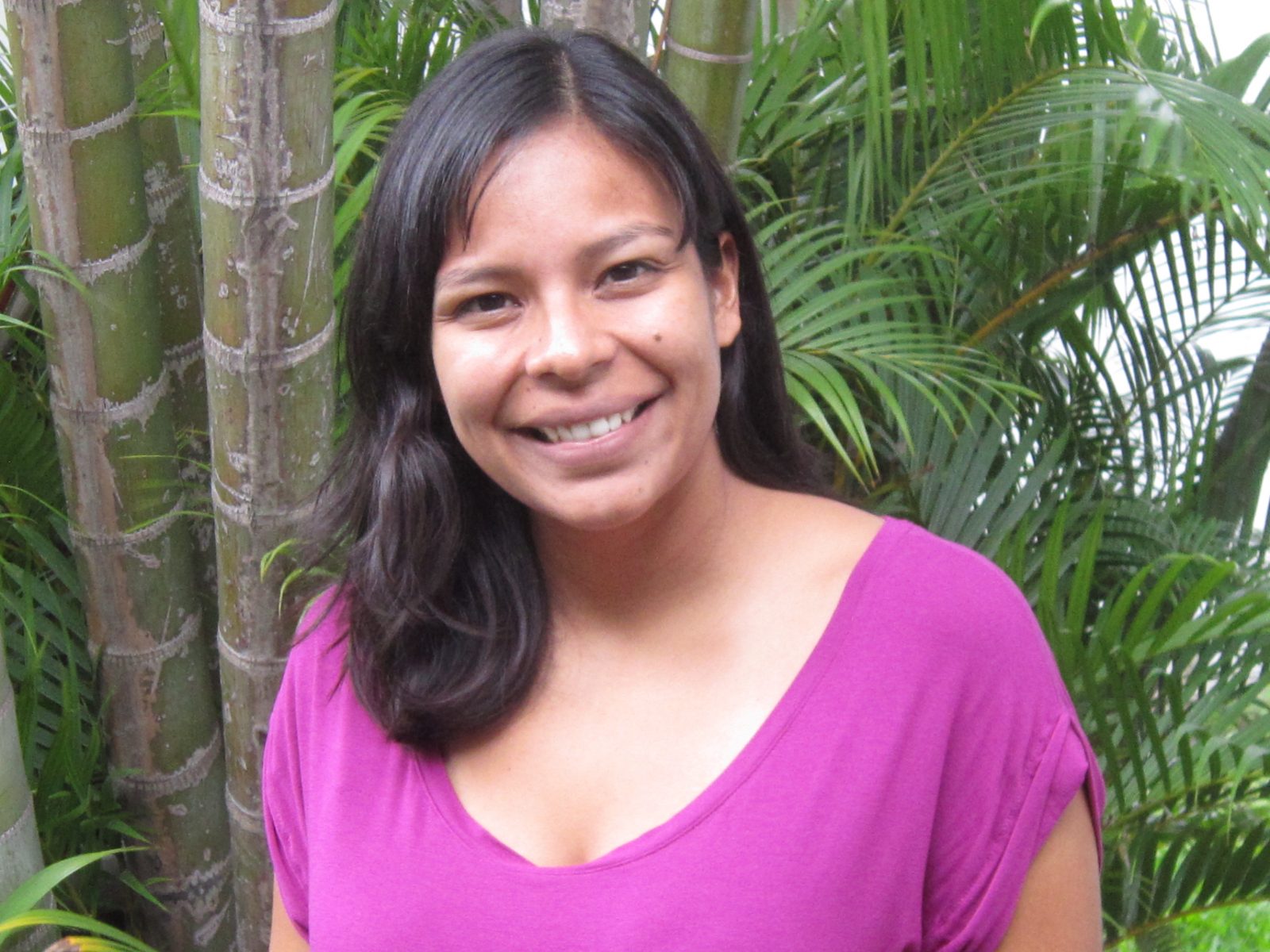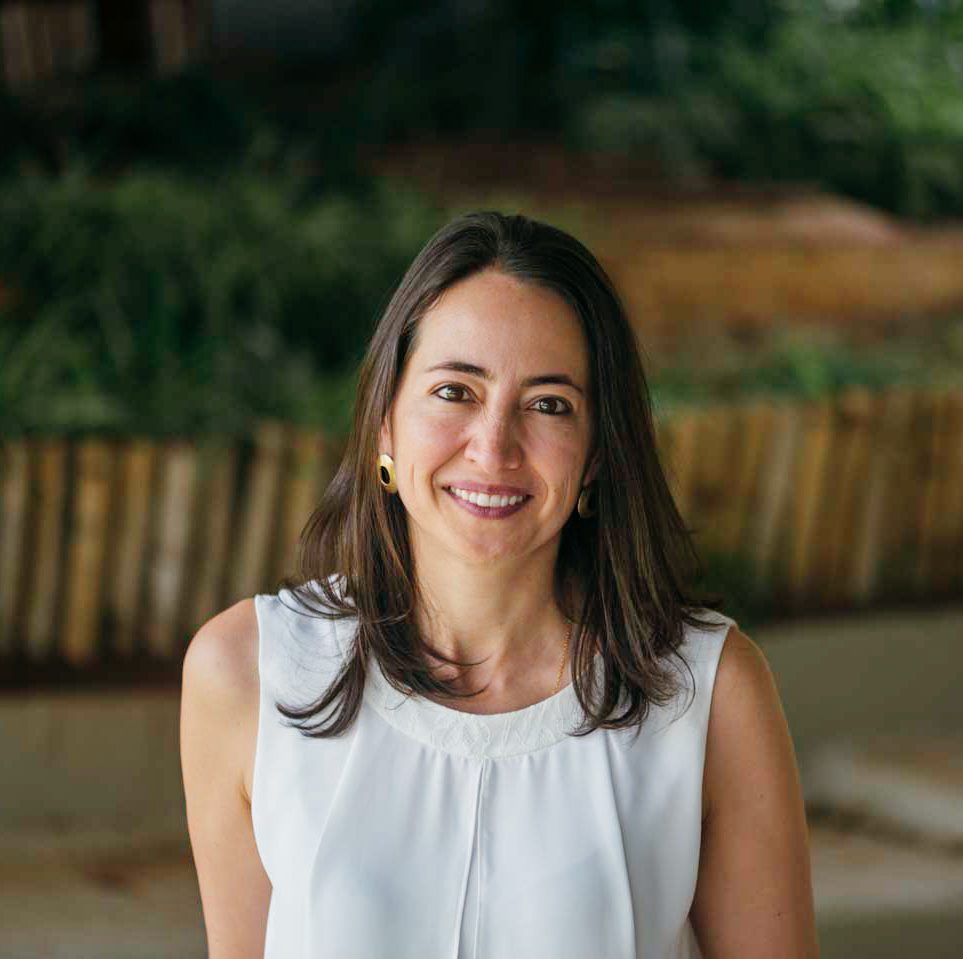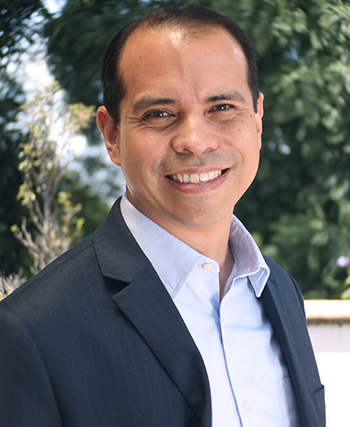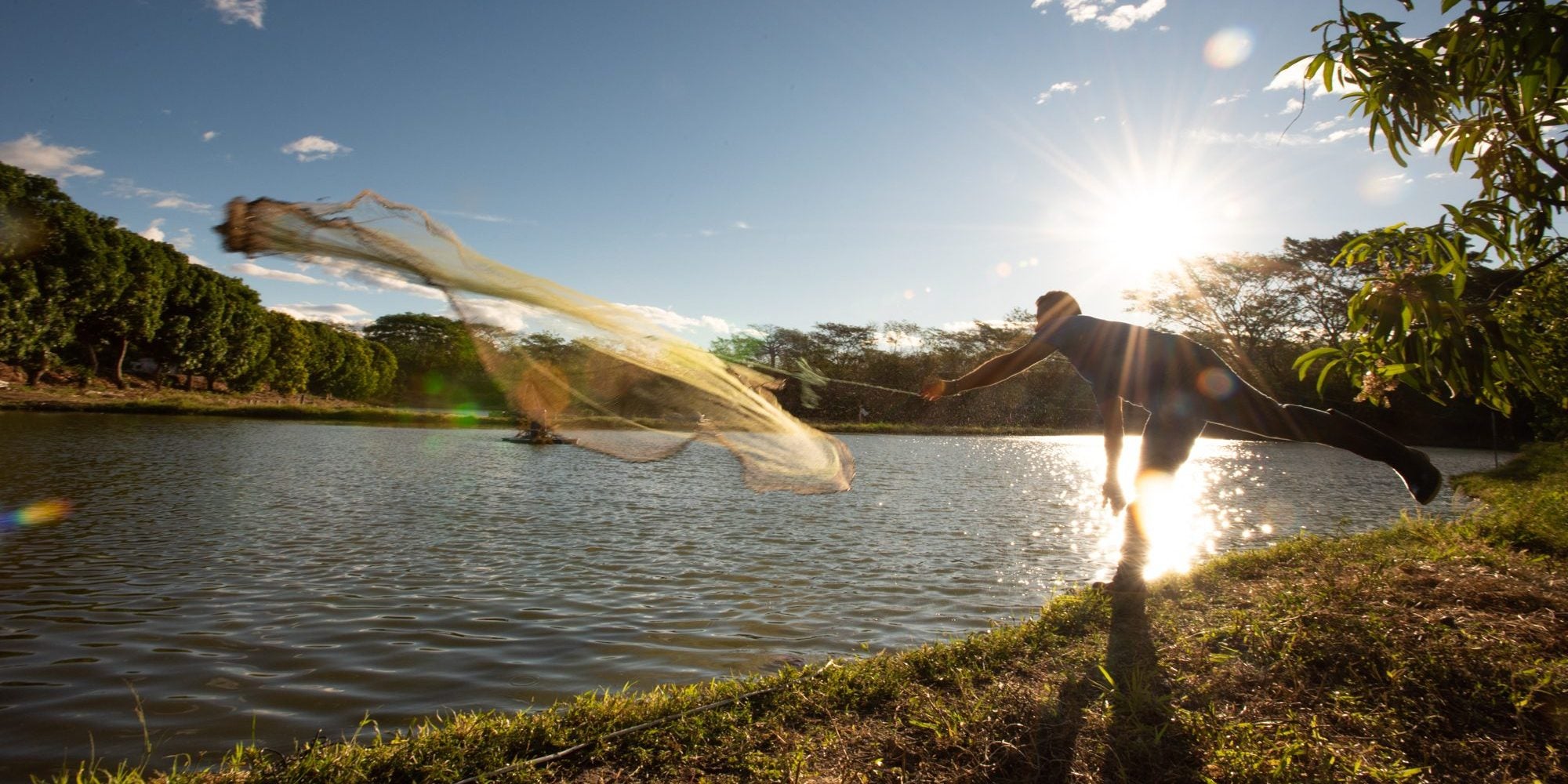
The Central America and Mexico (CAM) chapter is headquartered in Mexico City and covers Belize, Costa Rica, El Salvador, Guatemala, Honduras, Mexico, Nicaragua, and Panama.
This content is also available in: Español
The chapter leverages ANDE’s global connections to strengthen the local network, foster stronger relationships, and encourage collaboration among members and other local actors. The chapter focuses on developing local research projects, building local capacity, catalyzing collaboration opportunities, and creating knowledge sharing spaces through workshops, peer learning events, roundtables, and other events.
Chapter Activities
Networking and fostering connections: Regular chapter events, both formal and informal, provide time for ANDE members to network, learn, and share best practices. They include member meetings, happy hours, webinars, pop up meetings, and workshops on different themes. We also facilitate tailored introductions and connections among members to foster collaborations and partnerships among practitioners in the SGB ecosystem and strengthen the ecosystem through the region.
Knowledge sharing: The chapter shares regular updates, including upcoming opportunities, events, and publications, with SGB stakeholders active in the region through a public newsletter, chapter updates for members, and regular promotion on our social media and other channels. We also promote members as speakers at diverse regional and global events. We are always eager to partner to tell the story of SGBs and our members’ work.
Research: Our research initiatives build the knowledge base for SGB support organizations to improve their effectiveness and create thriving entrepreneurial ecosystems. ANDE conducts both high level and specialized regional research on SGB networks and trends, which provide major value to our members. Some of our recent research work relevant to the region includes rural ecosystem snapshots, a biannual report on impact investing in Latin America, and analysis of our Global Accelerator Learning Initiative data for Mexico and Central America.
Funding: ANDE provides regular funding opportunities to both members and non-members to both drive greater resources to organizations supporting SGBs in developing economies and ensure ANDE member expertise is leveraged efficiently. Funding opportunities are meant to spur more creative and collaborative investments in SGBs and uncover how SGBs contribute to poverty alleviation and economic growth.
Learning and training: The chapter convenes learning groups on various topics, including ICT for SGBs, gender equality, impact measurement and management, and financial inclusion, and has led specialized trainings on metrics, impact investing, and more. ANDE has a particular focus on promoting impact measurement and management among the network. We encourage knowledge sharing, support the adoption of a common language to measure performance, and encourage exploration of new methods and tools to enable more efficient and useful measurement practices.
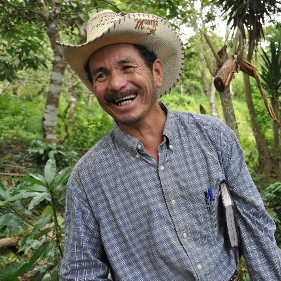
This project aims to better understand the support available to SGBs in rural entrepreneurship ecosystems and across agriculture value chains in Guatemala, Honduras, El Salvador, and Mexico. It will strengthen SGBs and intermediaries in their core business capacities using a gender lens approach that integrates the needs of women as employees, leaders, and a vital customer segment to drive growth in their businesses. The partnership will also improve the knowledge base of SGB sector practitioners on how to best support businesses to be gender inclusive and sustainable.
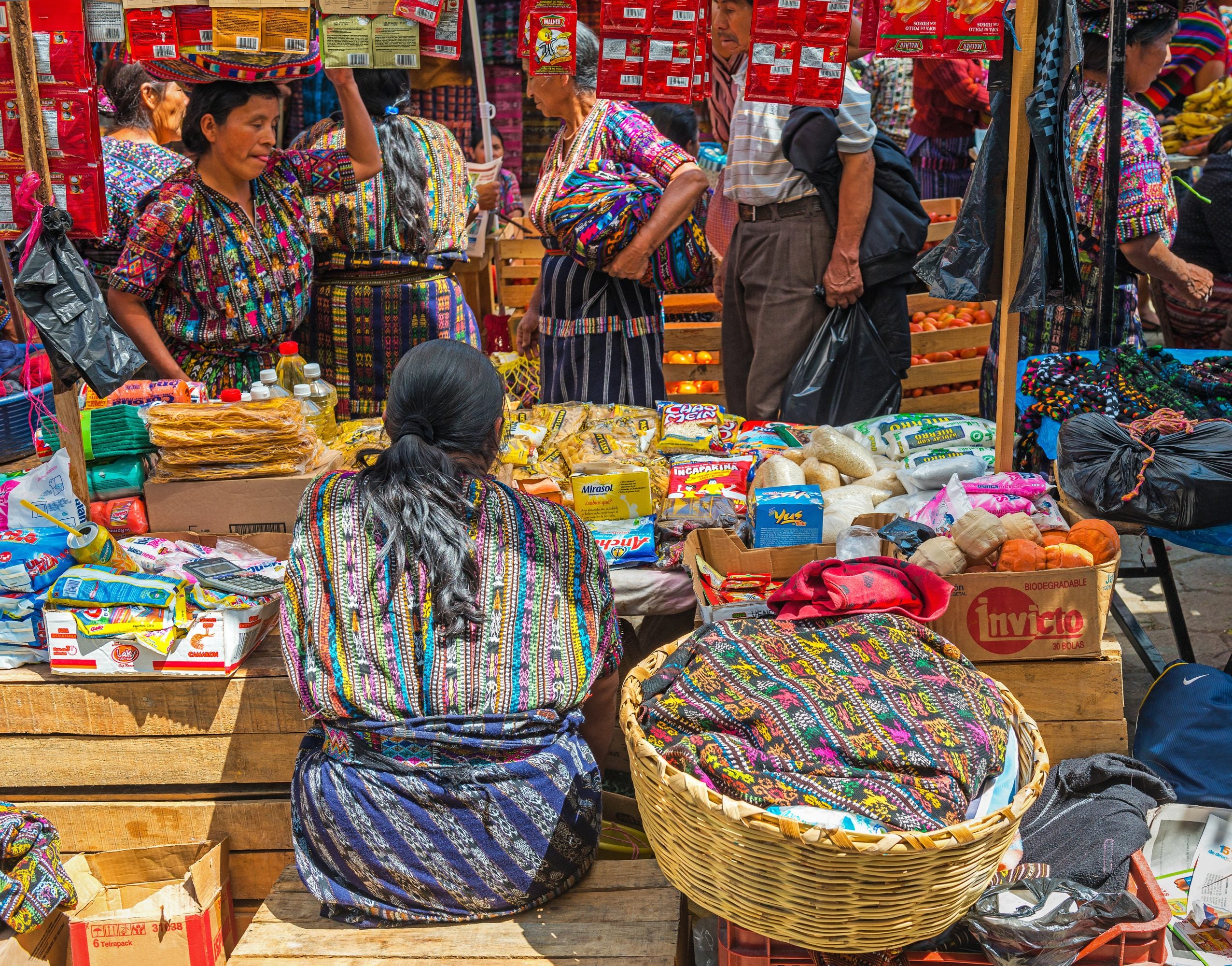
Through the USAID-supported Guatemala Entrepreneurship Development Initiative (GEDI), ANDE will foster a more robust entrepreneurial ecosystem to bring economic prosperity to communities heavily affected by migration within Guatemala. GEDI will develop a coordinated set of expanded business support services available to entrepreneurs, particularly to businesses run by, employing, or serving the needs of women and indigenous people, rural communities, or youth.
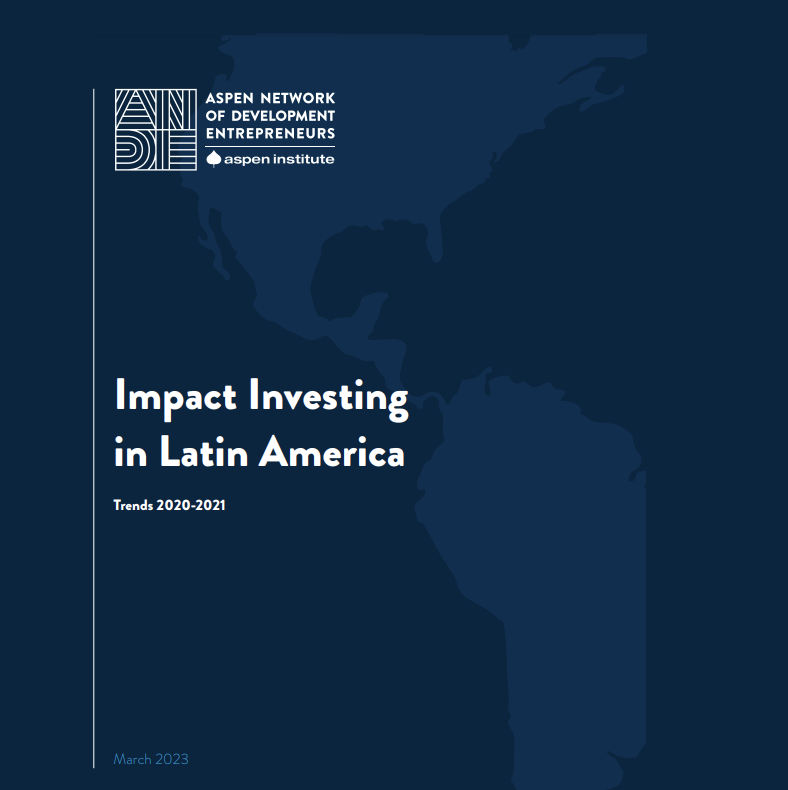
"This report examines the impact investing landscape in Latin America and the Caribbean for 2020 and 2021, based on a sample of active impact investors in the region, highlighting trends, key challenges, and opportunities, and featuring deep dives on activity in three of the region's largest markets: Brazil, Colombia, and Mexico, as well as a feature on Guatemala. Among its findings, the study shows that impact investors are increasingly seeking market-rate returns while keeping flexible return schemes according to the specific needs of countries and sectors. Additionally, it reveals that impact investors still heavily rely on proprietary impact measurement tools, while an increasing number of them are using existing frameworks to tackle impact measurement requirements. Access to capital, education and training, and the local regulatory environment are identified as the most common challenges to overcome to unlock the full potential of the region's entrepreneurial ecosystem through impact investment."
"According to a recent Global Entrepreneurship Monitor report, among Latin American countries Guatemalans are particularly likely to view entrepreneurship as a good opportunity to generate income. This report also states that the adult population in Guatemala has the right mix of knowledge, skills, and experience necessary to start a business and that few express fear of failure as an impediment to starting a business, relative to individuals in other countries in the region."
"While studies have found that acceleration does, in the aggregate, have a positive effect on new venture growth, further investigation has shown that there is significant unmet need for financial capital, particularly in developing economies. Little investigation has been done on how accelerators (particularly those that do not invest in their ventures directly) make connections with finance providers and whether these efforts are effective. The Global Accelerator Learning Initiative (GALI), a partnership between the Aspen Network of Development Entrepreneurs (ANDE) and Emory University, was created to explore questions such as these. Between 2013 – 2020, GALI partnered with dozens of accelerator programs to collect detailed data from entrepreneurs who applied to their respective application processes. These entrepreneurs, including those not selected into a program, were then resurveyed annually to gather valuable follow-up data about the status of their ventures over time. This knowledge brief explores GALI data from Central American startups, as well as qualitative insights from accelerators and finance providers."
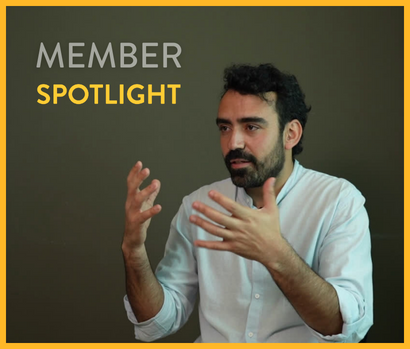
Pablo Santaeufemia, CEO of Bridge for Billions, shares insights into his organization's role in the global entrepreneurship ecosystem.
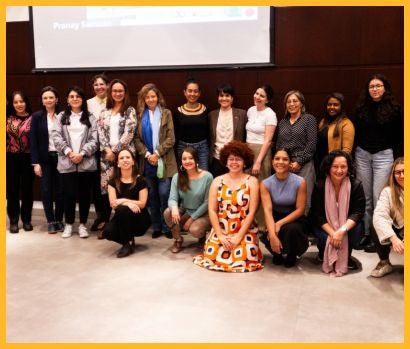
The pioneering initiative seeks to transform power dynamics and accelerate gender equity-focused investment.
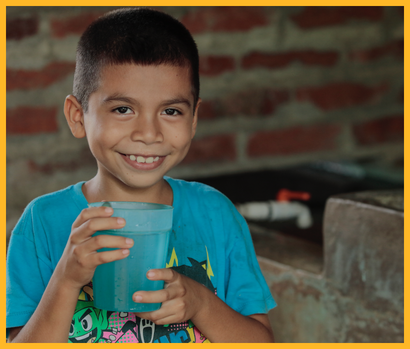
Azure is a global combined financing initiative led by our member, Catholic Relief Services (CRS), to expand and rehabilitate water supply services.
